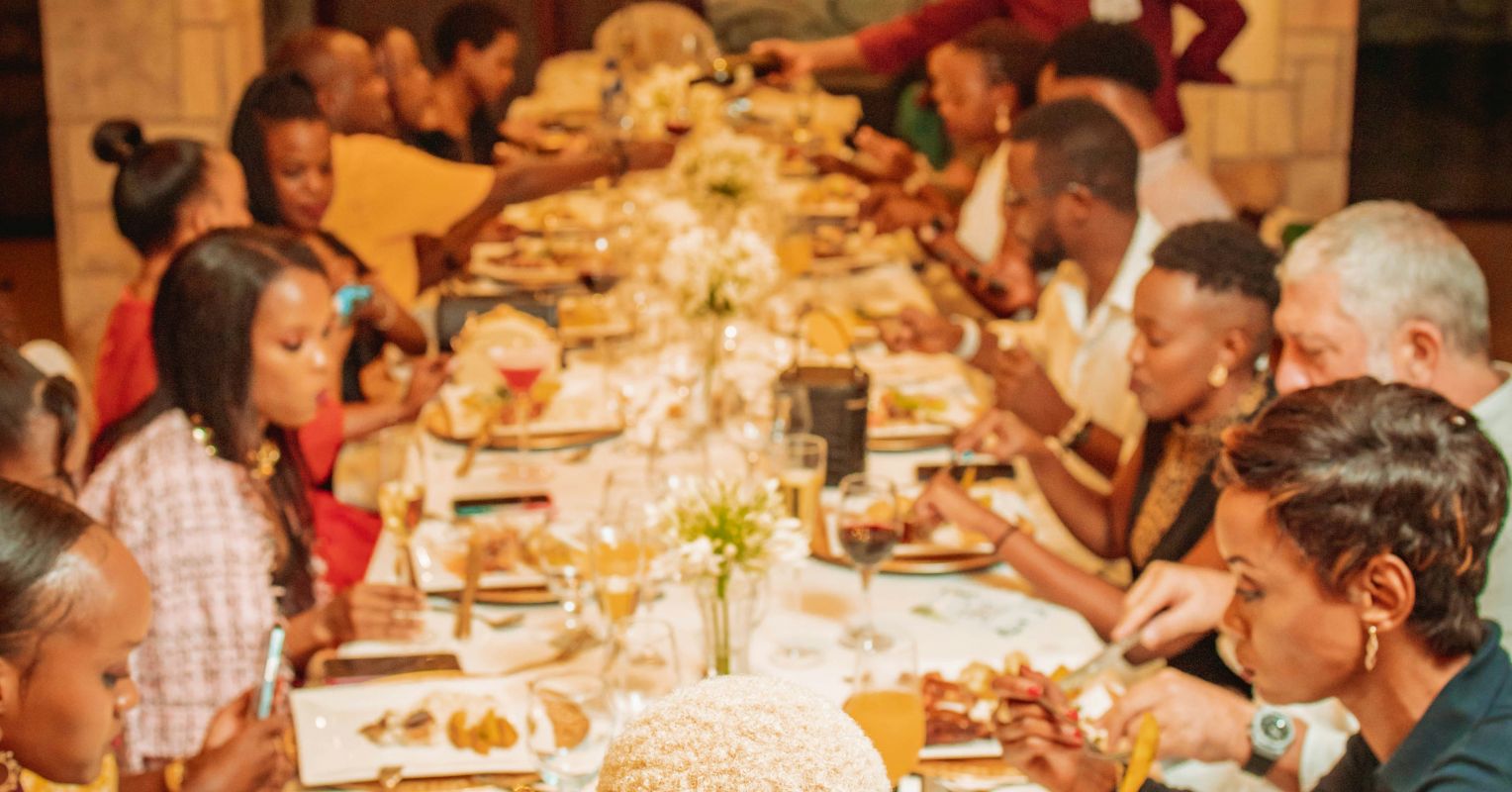
"But you know what memory I don't have? My mother eating. She cooked. She served. She made sure everyone had seconds and thirds. She cleaned. She packed plates for folks to take home to their loved ones. She stood in that kitchen for hours (sometimes, days), making magic happen for anyone that she could. But I cannot recall a single moment when she sat down with a full plate of her own, enjoying the meal she had poured herself into."
"As a Black man, I grew up surrounded by Black women whose love looked like labor, whose affection looked like sacrifice, and whose presence felt like strength even when they were running on fumes. Throughout my life, I have benefited from that labor more times than I can count, often without realizing the cost it demanded from them. My mama is still alive. Still cooking. Still serving. Still not eating. That's not grief; that's burnout that has become a way of life."
A mother prepared abundant meals and served family and community while rarely taking time to eat herself. She cleaned, packed plates, and spent hours or days cooking without pause. Many Black women express love through labor, constantly caregiving and sacrificing even when exhausted. Those around them often benefit from the labor without recognizing its personal cost. The caregiving pattern repeats within families as daughters and wives mirror the same unending service. Continuous giving without self-care produces burnout rather than grief, causing emotional, spiritual, and physical depletion and neglected wellbeing.
Read at Psychology Today
Unable to calculate read time
Collection
[
|
...
]